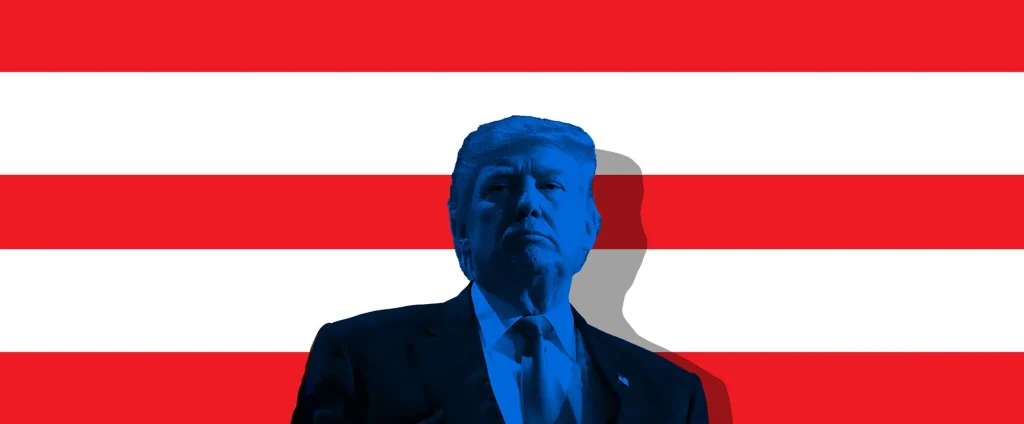When there’s a viable market, it’s nearly impossible to stifle business creativity and innovation. The American economy is proof of this. The rising flow of money to online forecasting platforms, where consumers can bet on event outcomes, once again demonstrates that. This includes US elections. Of course, the focus is the notably tight presidential race between Republican candidate Donald Trump and Democrat nominee Kamala Harris. A previous court ruling favored the betting companies. While political wagering is groundbreaking, it is also generating the same fears about potential voter influences. Regulators cited these concerns when they originally banned those for-profit propositions.

Americans have long had the freedom to wager on national elections through foreign bookmaking sites. This is especially true for companies in the United Kingdom. However, all US-based platforms could not offer those bets until September. That change followed forecasting company Kalshi winning a case against the CFTC (Commodity Futures Trading Commission). The CFTC had prohibited including political races among the many yes-or-no scenarios Kalshi offers for wagering. The decision cleared the way for political races to join the mix of other betting options. These include sports, economic outcomes, weather predictions, and even movie reviews for potential profit. This September decision allowed New York-based Kalshi and its offshore US rival Polymarket to open up domestic election results to betting by American customers for the first time.
The booming response has confirmed the big demand from bettors. Yet a new and legal pathway to large-scale political gambling has also amplified the same concerns the CFTC had based its ban on–the potential for manipulation by people seeking to influence the results of future balloting by speculative wagers and spreads.
Those concerns spiked after a $30 million surge in bets on Trump winning abruptly registered on Polymarket, as highlighted in a recent Wall Street Journal report. That blast tipped the collective market prediction to a big victory for the Republican candidate, contrasting polls indicating a virtual tie.


